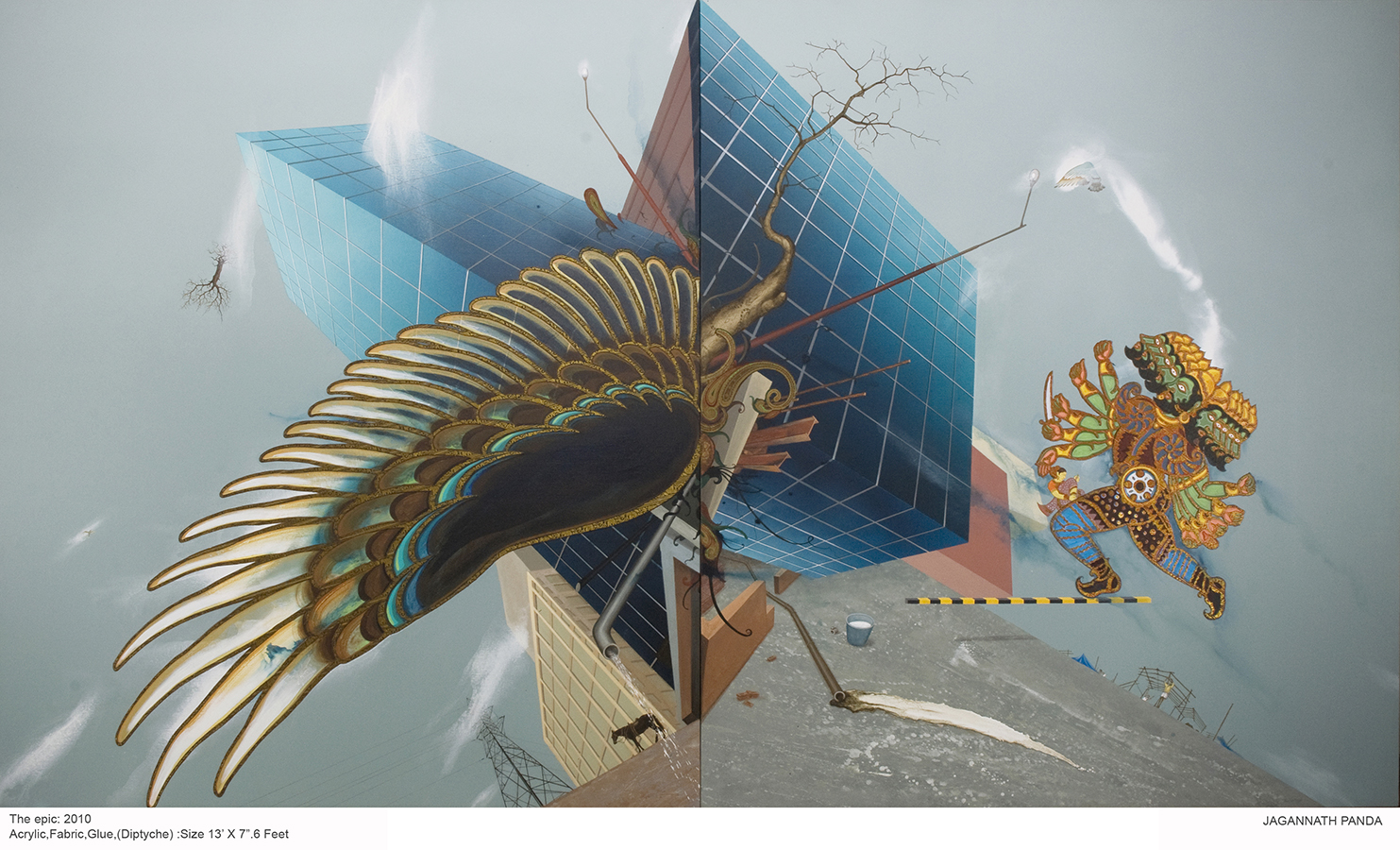Molecular Aesthetics: Contemporary Art and Performance in India

Karin Shankar, kshankar@pratt.edu
DEI Seed Grant
Molecular Aesthetics: Contemporary Art and Performance in New Delhi examines a shift within cultural production in India over the last few decades from the “molar” to the “molecular.” Following philosopher Gilles Deleuze, from whom these concepts are drawn, I understand this to mean a transition from larger-scale, monumental forms of art, associated with and funded by the nation-state, to a diverse set of decentralized, experimental artistic practices. My book interrogates two aspects of this shift. First, its aesthetic dimension, as seen through close readings of the works of five New Delhi-based artists, performers, and writers working within and reformulating a variety of media, from theater and live performance to literary genres. Feminist, burlesque, experimental kathakali performer Maya Krishna Rao explores the “world revealing” possibilities of stylized gesture to disrupt neoliberal consumerist subjectivities while also unsettling normative modes of performing gender and sexuality. Filmmaker and moving image artist Amar Kanwar mobilizes the microentities of dust, light particles, and ambient sound to blur and reformulate the macro categories of nation, citizen, and sovereignty. Visual artist and sculptor Jagannath Panda sculpts sewage pipes, glass, upholstery, bricks, and other urban materials into immanent (or emergent but as yet un-actualized) urban spatio-temporalities. And the artists’ workshop Khoj’s community art practices offer “rhizomatic mapping” as a method of contemporary inquiry into this booming urban agglomerate’s spaces, publics, and infrastructure. On a second level, I analyze the political-economic dimension of molecular aesthetics, as a critical response to two key transformations within the Indian economy and polity since the early 1990s: economic liberalization and the “fundamentalization” of Indian politics marked by the rise of Hindu nationalism. The concluding chapter comments on literary performances of India’s “emergence” and the interruption of neoliberal narratives in texts by Rana Dasgupta, Arundhati Roy, and Aman Sethi.
